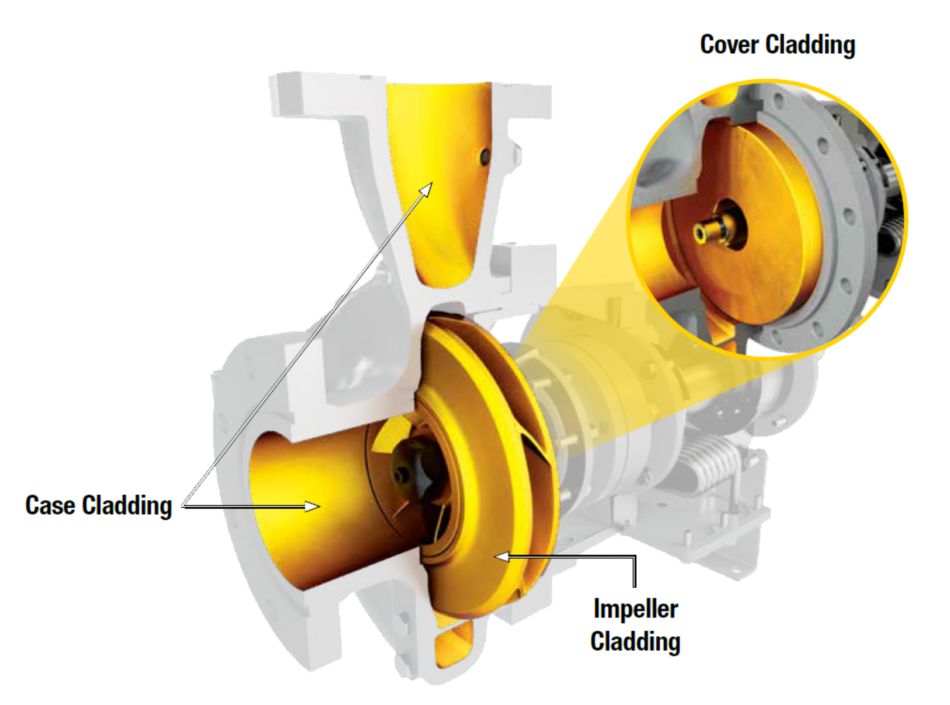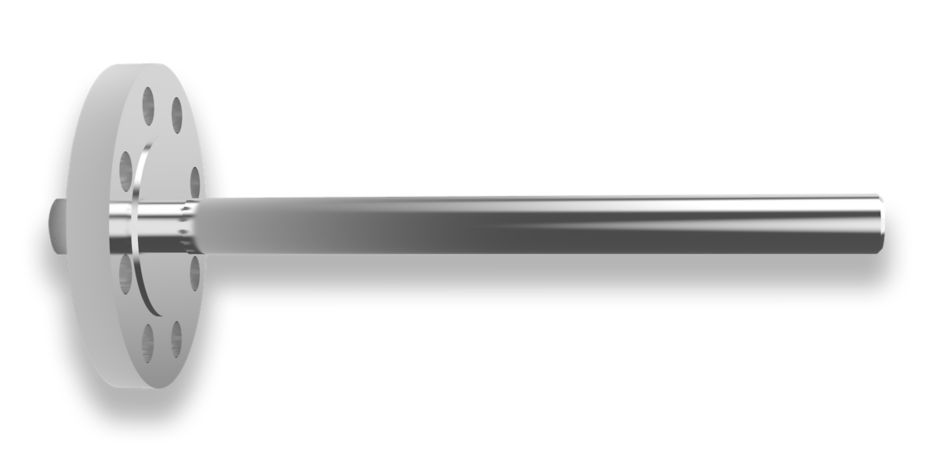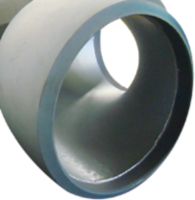
Refineries process some of the world’s most aggressive fluids and slurries. In these harsh environments, pump life can be severely limited by extreme erosive and corrosive wear, leading to increased maintenance costs, reduced reliability, and increased downtime.
What We Offer:
Applications Include:
Conforma Clad can also be applied to shaft sleeves
Pump Configurations:


Decoking operations, such as on-line spalling, can have a significant impact on the life of radiant return bends in delayed coker furnaces. UltraFlex technology delivers a Stellite™ 720 cladding designed to significantly reduce the risk of return bend wall thinning and rupture.
Please select a file to download
Models
. Please enter the desired qty for the material(s) you want to include in your promotion or Proceed Without Promotion and only your base materials will be added to the cart.
Minimum quantity should be
| SAP Material Number | ISO Catalog Number | Grade |
|---|
Thank you for your registration, pending approval & completion of the registration, your access is currently limited. Full utilization of product search capabilities & collaboration space is available and will remain. Please allow 2 business days for registration completion.
Thank you for your successful registration. You now have immediate access to log in and utilize the site.
You are about to leave the Solution building process.
Are you sure you want to leave?